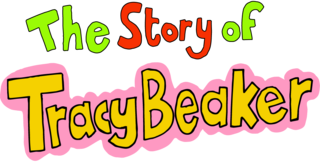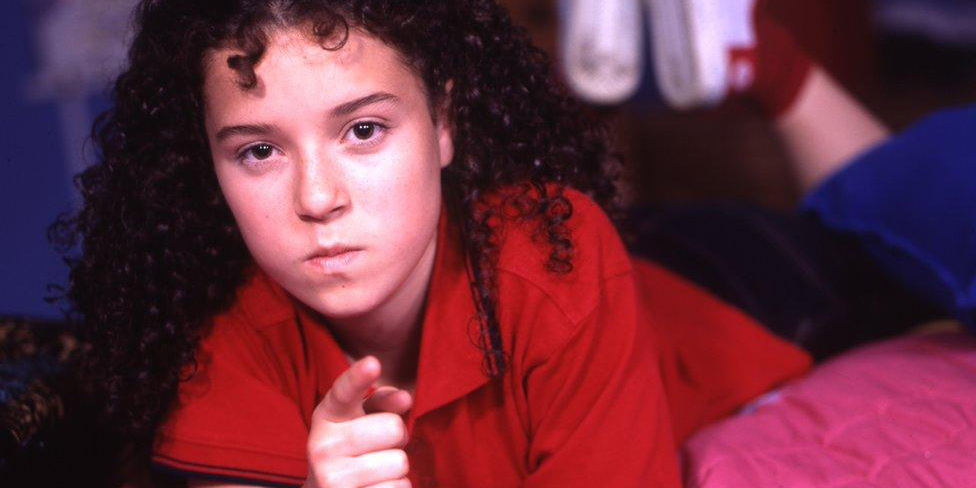Like many who were children in the UK in the 90s up until today, Jaqueline Wilson’s Tracy Beaker was very much a part of my childhood. As someone who had no first or second-hand care experience, watching Tracy Beaker was my first introduction to the UK care system as I’m sure it was for many others.
Wilson first brought her iconic character to life in her 1991 novel The Story of Tracy Beaker. Tracy is a rebellious, bossy, and fiercely independent 10-year-old living in a residential care home nicknamed “The Dumping Ground” by the children who live there. The novel was adapted into a hit CBBC series in 2002, and the popularity of the franchise has only grown since, with 6 more novels, and 4 CBBC spin-off shows, one of which is still producing new episodes in 2025. [1]

Ashley, a care-experienced adult, said:
You were the first children’s author that I was exposed to as a young child in care and there was so much that I related to. However, we also face a lot of societal and structural stigma and it felt like this was a chance to change the narrative a bit – but I don’t feel like Tracy got her happy ending, the ending we all want and imagine.” [2]
- Ashley -
In response to these concerns, Jacqueline Wilson took an important step with her follow-up novel, We Are the Beaker Girls. Wilson was invited to meet a group of care leavers through the organisation Who Cares? Scotland, where she listened to their feedback and incorporated it into her writing. The novel was dedicated to the young people she met through Who Cares? Scotland, and her publishers even sent them page proofs to gather their comments before publication. The outcome was a more positive narrative for Tracy in We are the Beaker Girls, as she and her daughter move to a seaside town, Tracy works in an antique shop and becomes a foster carer.
Despite the challenges they face, care-experienced young people continue to demonstrate resilience and ambition. In fact, care-experienced applicants are 179% more likely to apply for health and social care degrees than their peers, and 50% more likely to pursue careers in nursing and midwifery.[3] These statistics reflect a strong desire among care leavers to make a difference in their communities and offer care and support to others.
179%
Care-experienced applicants are 179% more likely to apply for health and social care degrees
The way care-leavers are represented deeply matters, even in fiction. Stereotypes and stigma can be overcome as people’s perceptions are changed. My own understanding of the UK care system was fundamentally shaped by the hours spent watching Tracy Beaker as a child. By listening to the voices of care-experienced individuals, Jacqueline Wilson has helped to give them a platform to shape the way they are seen by others.
Home for Good are committed to amplifying the voices of those in care so that together, we can re-write the narrative for children and young people in the UK care system.
We recently launched a report: The Voices of Supported Lodgings: Strong Foundations for Our Future. This report was co-created with young people who have lived in supported lodgings to ensure their experiences and insights were central to the work. The report includes direct quotes from young people, three of whom shared their stories directly with MPs at our parliamentary launch in November.

[1] BBC. 2025. Tracy Beaker is back! Dani Harmer guest stars in new series of hit TV show The Dumping Ground. Available online. [Accessed 3 January 2025]
[2] Ibid.
[3] The Universities and Colleges Admissions Service (UCAS). 2022. Next Steps: What is the experience of students from a care background in education? Available online. [Accessed 18 November 2024]
Listen to care-experienced voices through some of our Home for Good resources:












